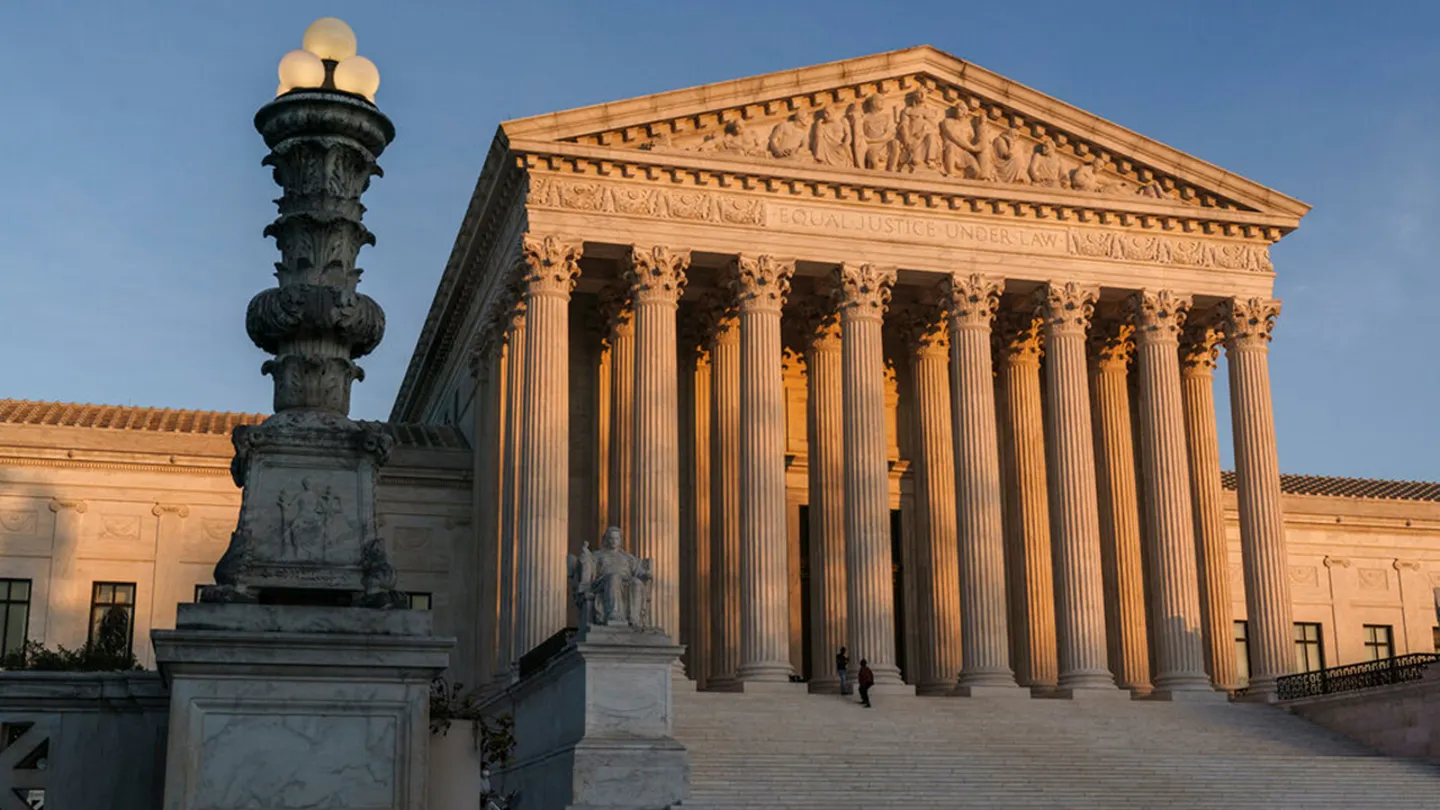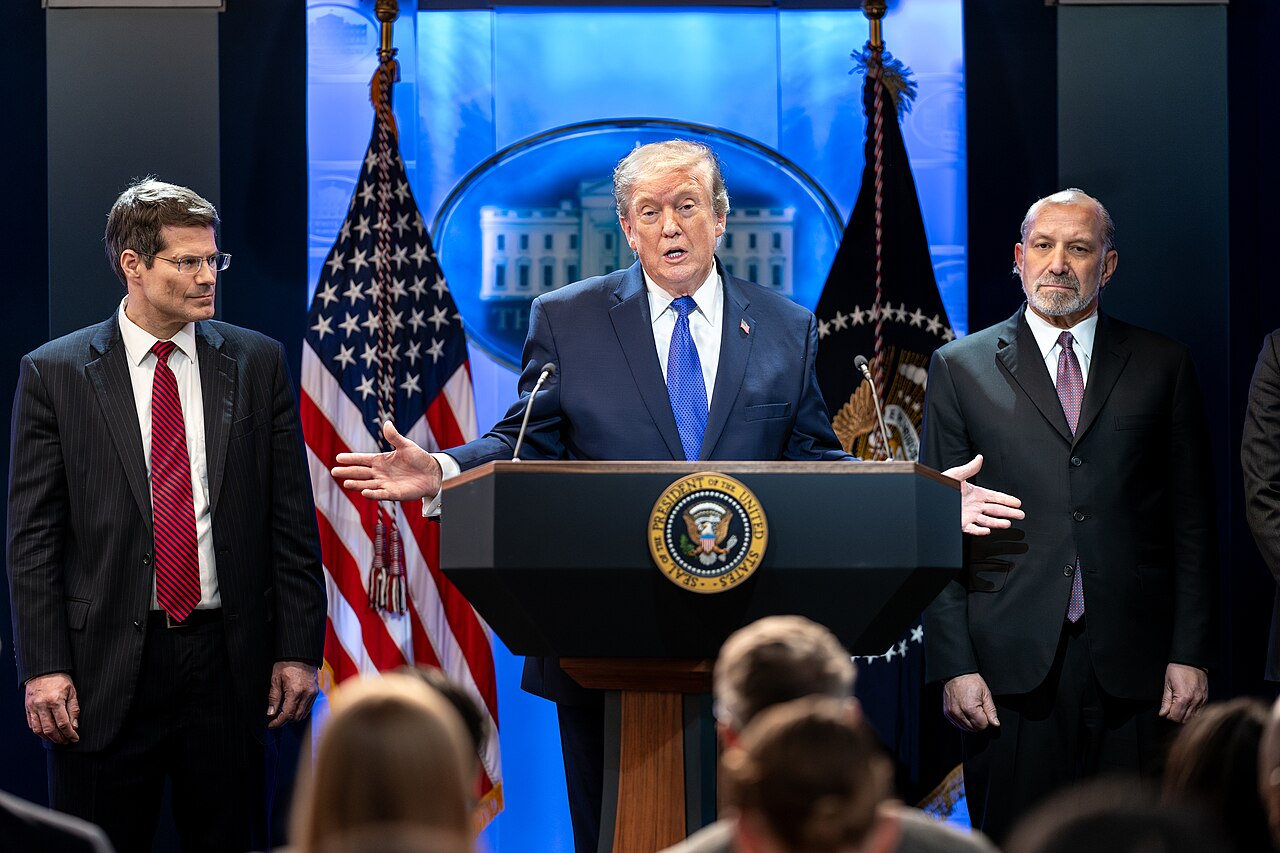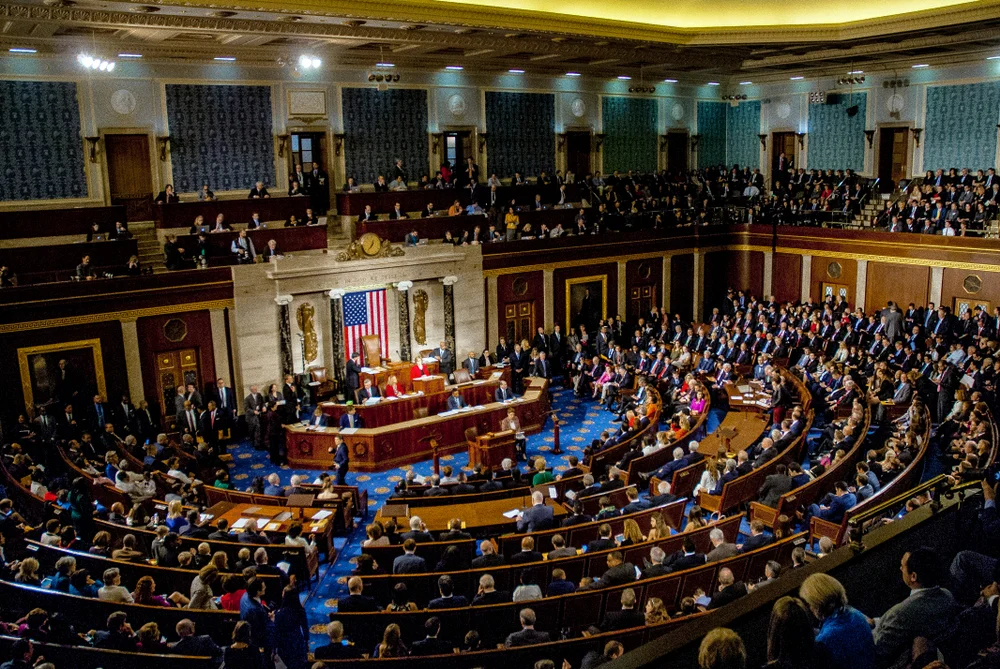
Challenging the Claremont View of Birthright Citizenship
Questions for my friends at the Claremont Institute on the 14th Amendment.
My friends at the Claremont Institute have provided the intellectual underpinnings for President Trump’s executive order that attempts to end birthright citizenship and replace it with a rule that recalls the ius sanguinis rules of Old Europe.
According to the view advanced by participants in this symposium, including John Eastman, Ed Erler, Michael Anton (since departed for the Department of State’s Office of Policy Planning Staff), and my podcast host, the international woman of mystery Lucretia (yes, that is her official title), not only must a baby be born on American territory to become an American citizen, but the baby’s parents must also be in the country legally. I take them to mean that the parents must be either citizens or legal aliens, such as permanent resident aliens, but they cannot be in the United States illegally or even under short-duration visas, such as for tourists or students. I assume Claremont Institute scholars draw the line at citizens and green card holders because of Eastman’s argument in 2020 that Kamala Harris could not become vice president because she was born to parents who were in the U.S. on student visas.
We are all familiar with the first sentence of the 14th Amendment: “All persons born or naturalized in the United States, and subject to the jurisdiction thereof, are citizens of the United States and of the State wherein they reside.” Unfortunately, my friends have misconstrued the phrase “subject to the jurisdiction thereof” in the amendment’s text. To describe their argument fairly, Claremont scholars read the phrase as referring to someone whose parents are already part of the American political community, such as a citizen or permanent resident alien.
Constitutionalism

Amicus Brief: Hon. William P. Barr and Hon. Michael B. Mukasey in Support of Petitioners
Former AGs Barr and Mukasey Cite Civitas in a SCOTUS Brief

Rational Judicial Review: Constitutions as Power-sharing Agreements, Secession, and the Problem of Dred Scott
Judicial review and originalism serve as valuable commitment mechanisms to enforce future compliance with a political bargain.

State Courts Can’t Run Foreign Policy
Suncor is also a golden opportunity for the justices to stop local officials from interfering with an industry critical to foreign and national-security policy.

Supreme Court tariff ruling should end complaints that justices favor Trump
John Yoo writes on the Supreme Court’s decision on President Trump’s tariff case.

Trump’s Tariff Tantrum
Trump leaps from the frying pan into the fire in the aftermath of Learning Resources v. Trump.

The Administrative State’s Sludge
Congress has delegated so much power across so many statutes that it’s hard to find a question of any public importance to which some agency cannot point to policymaking authority.


.avif)









.avif)
.webp)


